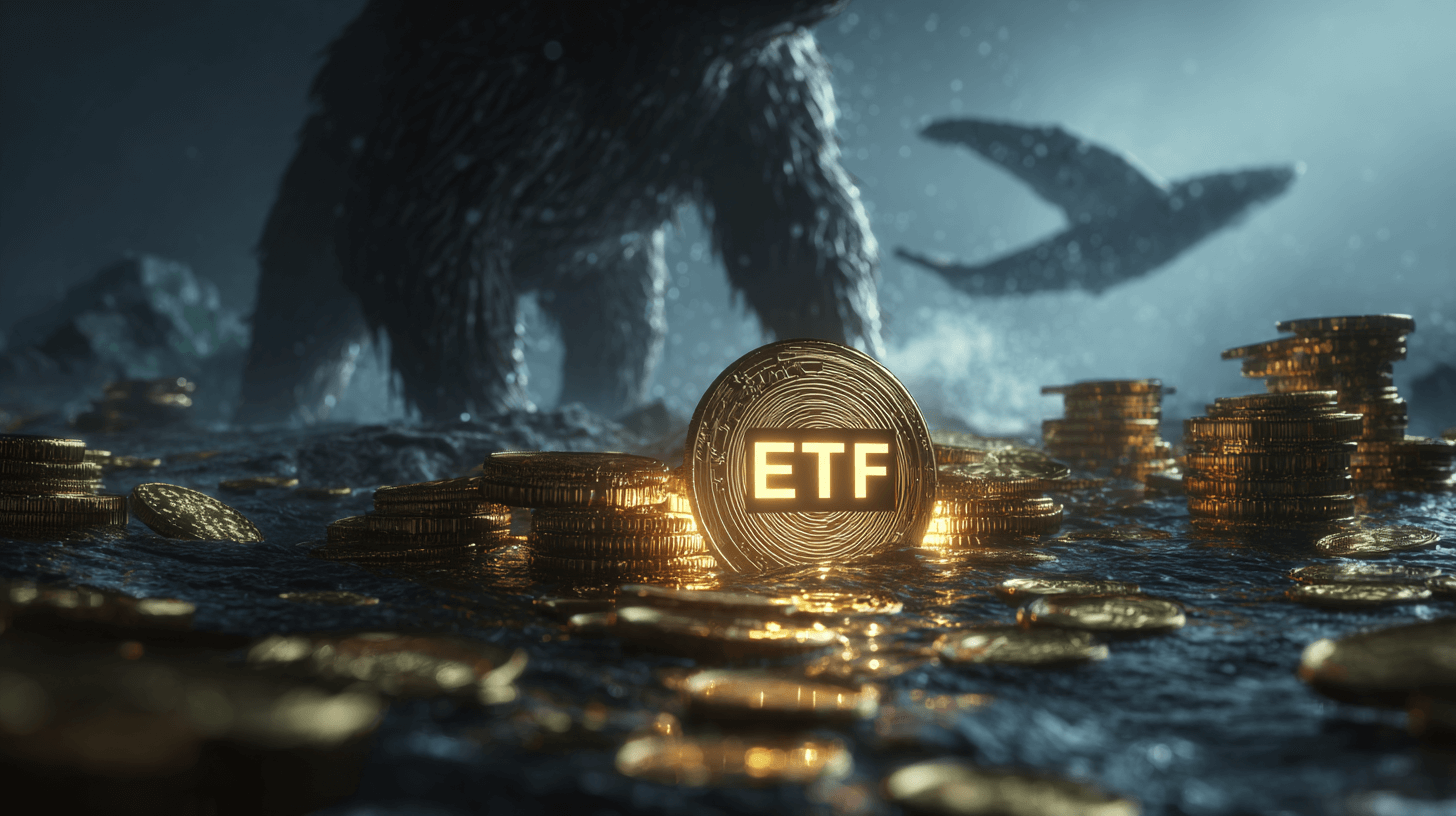$EOS has now received approval from Japan’s crypto regulators, giving the token the thumbs up to be traded on centralised exchanges.
It is now part of an exclusive list of tokens that is approved by the Japan Virtual and Crypto Asset Exchange Association (JVCEA), a self-regulated body of exchanges dedicated to safeguarding investors.
With this approval, EOS can now be traded against the Japanese yen on regulated cryptocurrency exchanges in Japan. This places EOS alongside other notable tokens like Bitcoin, Ethereum, and MonaCoin.
Yves La Rose, CEO of the EOS Network Foundation, told CoinDesk: “Securing regulatory approval from the JVCEA is a monumental achievement for EOS, affirming our steadfast commitment to compliance.”
EOS will first be listed on BitTrade in September 2023. The cryptocurrency exchange is regulated by Japan’s Financial Service Agency (FSA).
It is under Japan’s Payment Services Act that allows regulators JVCEA and FSA oversee cryptocurrencies and their providers. The regulators mandate a comprehensive pre-screening process for new token listings, like EOS.
La Rose said: “This landmark approval ushers in new prospects for EOS in the Japanese market, fostering stronger connections with discerning businesses and developers seeking robust blockchain solutions, in particular within the gaming industry.
EOS surges by 7%
Off the back of Japan’s regulatory approval, the EOS token has made gains in the crypto market.
After stooping to a low of $0.5783 on 29 August, it has since rallied. As of 30 August, it was trading at $0.62. The cryptocurrency was up 7% in the past 24 hours and 8% in the previous seven days.
But this is still far from its monthly high of $0.83 in July and $0.92 in June. The cryptocurrency has proved especially vulnerable to the bear market.
Recent developments in the EOS network
EOS is currently experiencing a comeback. The EOS Network, which raised $4 billion in its initial coin offering, but had limited early progress, is now showing signs of a resurgence.
The regulatory approval comes as EOS is actively funding projects on its platform. In March, EOS Network Ventures announced a $20 million commitment to support the development of applications and gaming products on the network.
La Rose mentioned the funding’s potential impact, stating: “With $20M up for grabs for EVM projects, we expect a massive influx of developers who want to take advantage of the funding opportunities.”
Although there was a spike in the TVL, reaching $141m on 4 March, EOS has struggled to sustain this momentum, with its TVL currently standing at $75m.
Japan ventures into crypto and Web3
Japan has recently shown a growing interest in the crypto and Web3 space. In May, Binance, the world’s leading crypto exchange, ventured into the Japanese market, unveiling a platform that aligns with local regulatory standards.
Many in the Japanese Web3 sector believe that the US’s regulatory crackdown could position Japan as a pivotal crypto hub.
In July, Fumio Kishida, the Japanese Prime Minister, said: “I hope that the Web3 industry will regain its attention and vitality, and that various new projects will be born.”
Japan is also attracting stablecoin issuers. Circle, the payment services company behind $USDC, is evaluating whether to introduce a Japan-based stablecoin.
This consideration follows the recent legislative shift on June 1, where Japan’s Payment Services Act began recognizing stablecoins backed by legal tender as a legitimate electronic payment method.
Circle’s CEO, Jeremy Allaire, has expressed significant appreciation for this move, labeling it as “the most important thing the government and the Financial Services Agency have done”.


